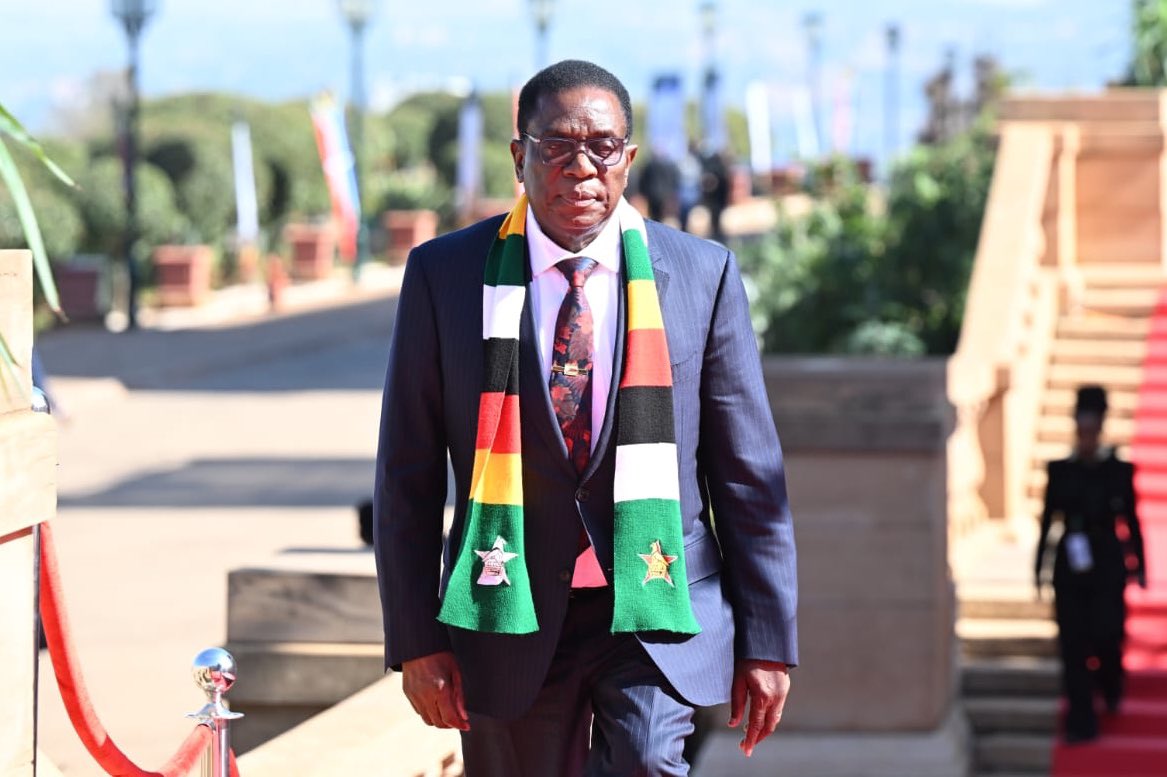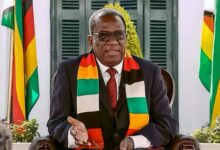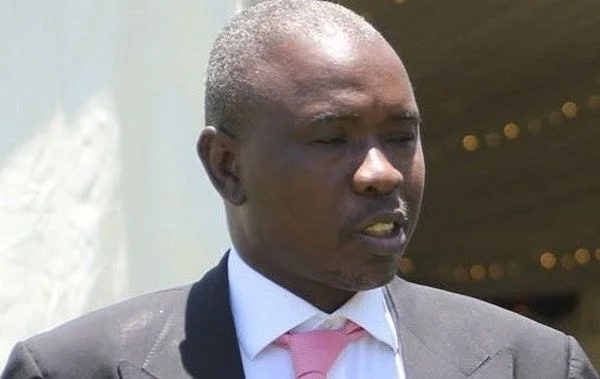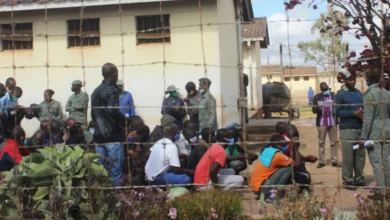
President Emmerson Mnangagwa has returned to Zimbabwe from a state visit to China, where he attended the Forum on China-Africa Cooperation (FOCAC) Summit. The summit, held every three years, is a significant platform for strengthening economic cooperation, cultural exchange, and political ties between China and African nations.
FOCAC, established in 2000, focuses on enhancing trade, investment, infrastructure development, and capacity building between China and Africa. The summit underscores China’s commitment to fostering mutual growth and cooperation with African countries through various initiatives and partnerships. President Mnangagwa’s participation highlights Zimbabwe’s ongoing engagement with international economic forums and its efforts to leverage global platforms for national development.
Upon his return, President Mnangagwa faced pressing domestic issues, notably the severe energy crisis exacerbated by an El Niño-induced drought. The crisis has severely impacted hydropower generation at the Kariba Dam, a crucial energy source for both Zimbabwe and Zambia. The Zambezi River Authority (ZRA), responsible for managing Kariba Dam’s water resources, reported that the dam’s usable water storage had dwindled to just 8.71% of normal levels as of August 26, 2024. This drastic decrease is due to the prolonged drought, which has significantly affected power generation in the region.
Zambia, heavily reliant on hydropower for its electricity needs, will shut down its hydropower plant on September 14. This decision will lead to severe electricity shortages, limiting power supply to just three hours per day for households and businesses. Zambia’s energy utility, Zesco Ltd, is implementing a rotational power supply to manage the crisis, focusing on essential services like water pumping. The country is increasing its reliance on solar energy in response to the crisis, with a notable surge in sales of solar products.
Zimbabwe is also grappling with the energy crisis, with its power generation from Kariba reduced to 214MW from an installed capacity of 1,050MW. The country might face further challenges if water levels do not improve, potentially leading to a complete shutdown of its turbines in December. The ongoing drought has led to daily power cuts lasting up to 18 hours, significantly impacting the economy and daily life.
The energy crisis in Zambia and Zimbabwe underscores the broader challenges posed by climate change and its impact on essential infrastructure. As both countries navigate this crisis, international cooperation and support, such as those facilitated by forums like FOCAC, will be crucial in addressing the immediate needs and long-term resilience strategies for the region. President Mnangagwa’s return to Zimbabwe amid these challenges highlights the need for effective domestic policies and international partnerships to mitigate the effects of climate change and ensure sustainable development for the nation.
In other news – Zambia and Zimbabwe face energy crisis amid El Niño-induced drought
Zambia and Zimbabwe are confronting a severe energy crisis as a result of an El Niño-induced drought that has dramatically reduced water levels at the Kariba Dam, the world’s largest man-made lake, which is a crucial source of hydropower for both countries. The Zambezi River Authority (ZRA), which manages the shared water resources of Kariba Dam, reported a dramatic decrease in water levels. As of August 26, 2024, the lake’s usable water storage had plummeted to just 8.71% of normal levels.
This sharp decline is due to the prolonged drought caused by climate change, which has had a devastating impact on hydropower generation in the region. Zambia has announced that it will shut down the hydropower plant on its side of the lake starting September 14. Read More











